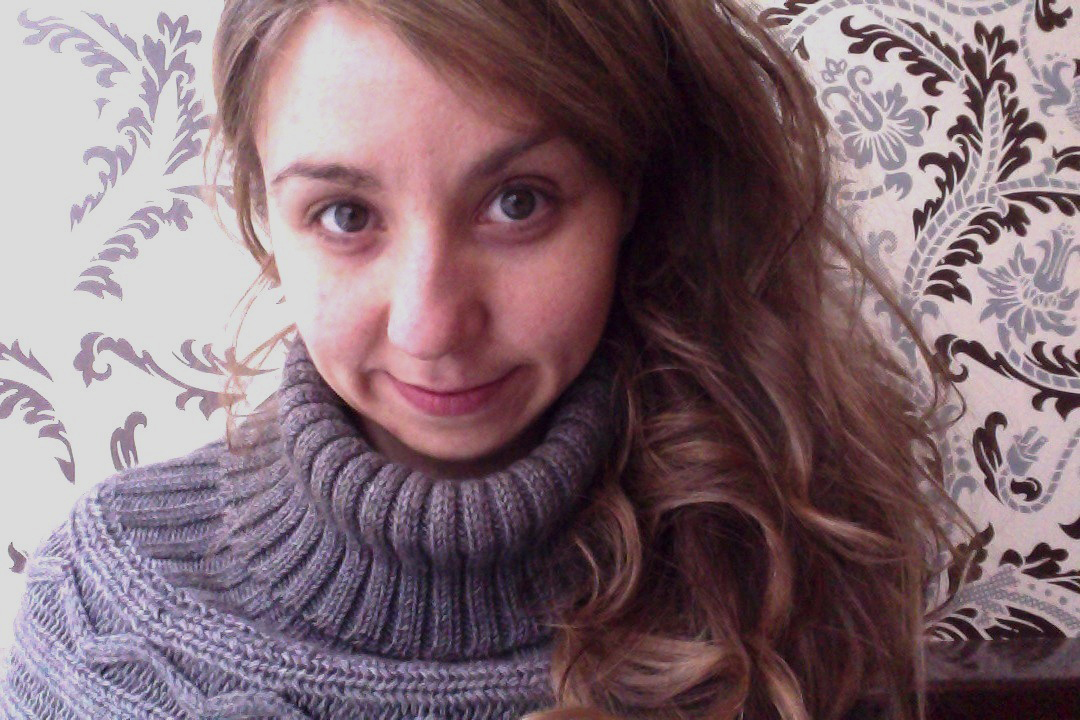Melissa Petro blogs about the Readings & Workshops Writers' Meeting in New York City. Petro is a freelance writer and writing instructor with at Gotham Writers Workshop and is the founder and instructor of Becoming Writers Program, a memoir-writing workshop that teaches underrepresented populations to turn true life stories into outstanding literary nonfiction.
Like Robert Frost, I do not consider myself a teacher so much as an awakener. As an instructor of the Becoming Writers Program, an eight-week memoir writing workshop for individuals with experiences in the sex industries, teaching craft took a backseat. My primary responsibility, as I saw it, was to awaken my students’ potential by modeling a seriousness of purpose, and to create a safe and supportive environment wherein my students could think critically and take creative risks. All writers—but particularly writers representing stigmatized populations, such as sex workers—need to know they’re not alone, and that their work has value and meaning.

We teachers need awakening too. To remain vital, teachers need to spend time outside the classroom with other dedicated individuals. The Readings & Workshops annual Writers' Meeting was an opportunity to do just this. On Wednesday, May 8, writing instructors who had been funded through the Readings & Workshops Program gathered at the offices of Poets & Writers in New York City to compare notes about teaching in marginalized communities and to network with other writers who teach. Attendees included instructors who had worked with at-risk youth, seniors, prisoners, vets, addicts, individuals with disabilities, cancer survivors, and other populations.
This year’s meeting focused on sharing best practices, as well as on the challenges of working with our particular populations. In spite of the differences in the populations we teach, those in attendance shared our deep seated commitment to creating opportunities for underheard writers, as well as an echoing belief in the power and transformative potential of writing. Writing can be healing; it’s therapeutic. That said, none among us were therapists. One of the most interesting discussions of the night was what we perceived as the difference between therapeutic groups and the writing workshops we led. Whereas our programs had a powerful and positive effect on their participants, our intended outcome as writing instructors was not to heal or “fix” our students psychologically but to help them to create the best stories they could write.
Writing instructors who work in the community and without the support of an academic institution have fewer opportunities to meet and learn from others doing similar work. Just as I give my students permission to dedicate time and attention to their craft, I have sometimes found myself desiring similar encouragement as an instructor. Creative writing, I know from experience, can bridge a writer back to herself. Beyond self understanding, it can improve understanding and foster community among individuals with similar experiences. Beyond this, by publishing anthologies and organizing student readings, writing instructors who work in underrepresented communities have the potential to bridge the populations we work in back to society-at-large. At every step, we act as awakeners igniting the writer, the classroom, and the audience with curiosity, open mindedness, confidence, and mutual regard—qualities that, in order to awaken in others, must first be awake in ourselves.
Photo: Melissa Petro. Photo Credit: Melissa Petro
Support for Readings & Workshops in New York City is provided, part, by public funds from the New York State Council on the Arts, and the New York City Department of Cultural Affairs, with additional support from the Louis & Anne Abrons Foundation, the Axe-Houghton Foundation, and the A.K. Starr Charitable Trust, and the Friends of Poets & Writers.







